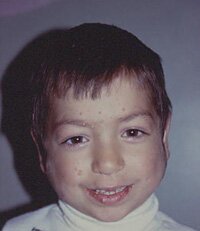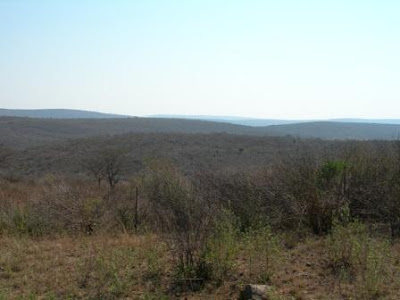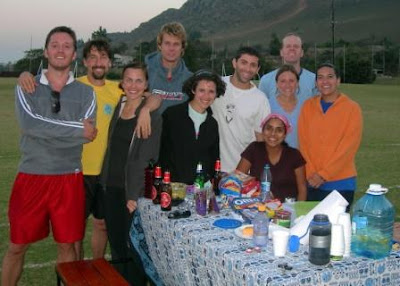The un-barefoot doctor: My Swazi half marathon - Cultural encounter series (2 of 10)

I ran a half marathon last Saturday, the "Standard Bank Slojos Half Marathon", to be exact.
Some of the competitors wore the latest running apparel. Others wore dilapidated Converse high-tops and worn-out khaki pants. Some ran in bare feet.
Most of the competitors were Swazis. Some were from neighboring countries (South Africa, Zimbabwe, etc.)
The course was about a third dirt road, two thirds pavement. Hills there were plenty.
The highlights of the race for me were two:
1) Running km 14-16 with Goodness, a barefoot Swazi women around twenty years old. She spoke to me in easy, full sentences and ran the downhills fast, claiming that she could not slow down. I have never run shoeless down a gravel road, but, if I did, I would do so slowly.
2) Handing out chewing gum to the kids on km 17, after several volunteers gave me two handfuls. As I cannot long-distance run and chew gum at the same time, I tossed them one at a time to the clapping, waving, singing, dancing, and sometimes just staring children that stood in groups along the road every few hundred meters. They not only reminded me why I was in Africa to begin with, but provided me with a much-needed distraction from the inevitable pain experienced when running just a little bit too far.
Speaking of which, the Nedbank Soweto Marathon is November 4th. I just registered. Registering, of course, is the easy part.
Labels: Cultural bits






















